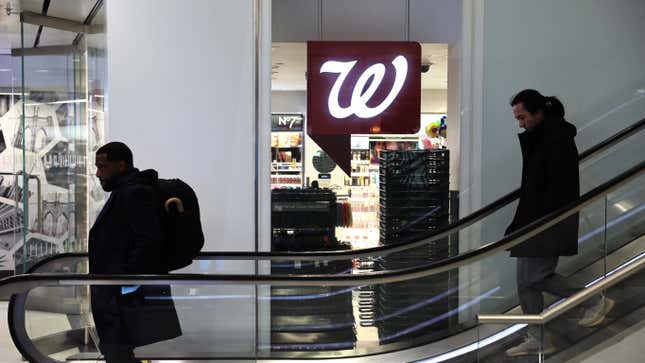California Is ‘Done’ With Walgreens Over Abortion Pill Decision
The pharmacy mega chain said it would dispense abortion pills and then quickly caved to anti-abortion protests. Now, California wants to cut business ties.
AbortionPolitics

Ever since the FDA announced in January that retail pharmacies could get certified to carry abortion medication, a number of chains, including Walgreens, said they would start the certification process. But, after pressure from anti-abortion activists and the threats of lawsuits from Republican lawyers, Walgreens quickly began to cave.
In February, 20 Republican state attorneys general—even from states where medication abortion remains legal—wrote letters threatening legal action should the pharmacy proceed with carrying the meds. On Thursday, the corporation announced it won’t be following through on its initial embrace of the FDA process in those states.
In theory, this would get Walgreens out of the abortion game in states with active Republican attorneys generals. What it didn’t count on was the pro-abortion response to its pullback. On Monday, California Gov. Gavin Newsom said that his state will no longer conduct business with Walgreens or its subsidiaries after the pharmacy—the second largest retail pharmacy chain in the country—said it will no longer pursue the qualifications necessary to distribute mifepristone.
“California won’t be doing business with [Walgreens] — or any company that cowers to the extremists and puts women’s lives at risk,” Newsom tweeted on Monday afternoon. “We’re done.”
-

-

-

-

-

-

-

-

-

-

-

-

-

-

-

-

-

-

-

-

-

-

-

-

-

-

-

-

-

-

-

-

-

-

-

-

-

-

-

-








































